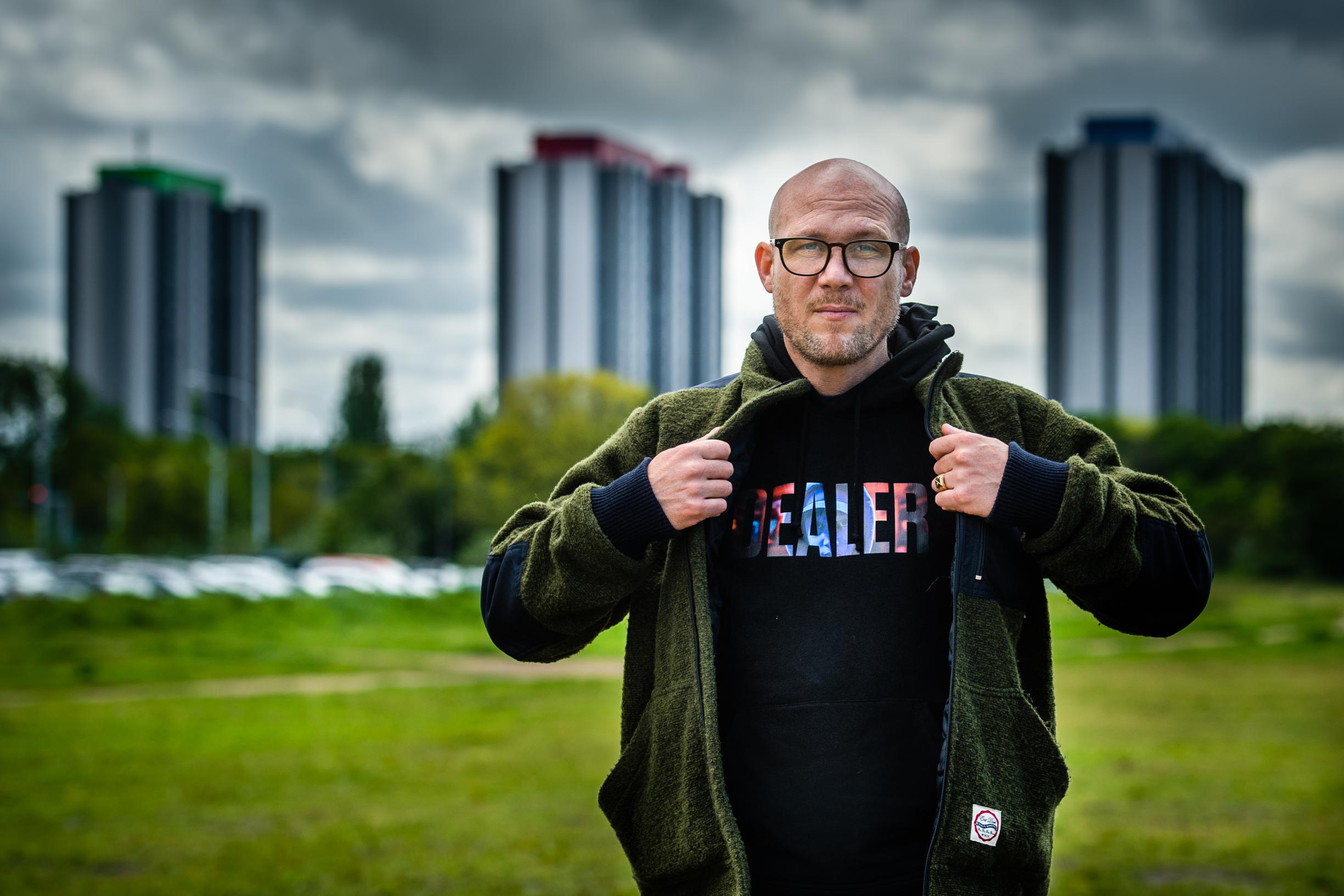Elizabeth Holmes, founder and former top woman of the American blood testing company Theranos, has been found guilty in the major fraud case against her. The jury finds it partially proven that Holmes defrauded investors out of hundreds of millions of dollars and endangered patients with inaccurate lab results. She was found guilty on four of the 11 charges.
Holmes, 37, has long been regarded as a brilliant entrepreneur of the caliber of Elon Musk or Jeff Bezos. At the age of 19, she decided to drop out of her studies at the prestigious Stanford University to change the future of healthcare with a revolutionary technique that could do hundreds of blood tests with just one drop of blood.
Like herself, many investors were convinced of the potential of Holmes and her startup, with which she promised to painlessly detect blood levels, viruses, cancer and cardiovascular disease. She managed to attract many heavyweights: the American former Secretary of State Henry Kissinger took a seat on the Theranos board and Rupert Murdoch, among others, invested millions in her company.
Castle in the air
At its peak in 2014, the company had a market cap of $9 billion. Theranos and Holmes herself, with her Steve Jobs-esque black turtlenecksweater, were Silicon Valley’s great success story, until The Wall Street Journal first revealed a year later that the blood-testing devices were inaccurate and deeply flawed.
Holmes’s product turned out to be a bouncy castle—something she tried diligently to hide—and Theranos’s value plummeted. In 2018, the year in which Holmes and her business and former love partner Ramesh Balwani were indicted, the company ceased to exist.
During the trial, the plaintiffs made it clear that Theranos did not introduce any radical new blood tests, but that the company was secretly working with traditional Siemens devices.
‘Harsh, but also criminal’
Prosecutors stressed that the company would never have raised so much money if Holmes had been honest with its investors and patients. “She chose fraud instead of business failure. She chose to be dishonest,” prosecutor Schenk said. “That choice was not only harsh, it was criminal.” Holmes insisted she never intended to mislead anyone.
The jury ruled on only eight of the 11 charges against Holmes, after the jurors ruled for a long time couldn’t even be on the other three charges. At a later moment Holmes learns what punishment she will be sentenced to. She faces an 80-year prison sentence, but American media expect that sentence to be much lower.
–


